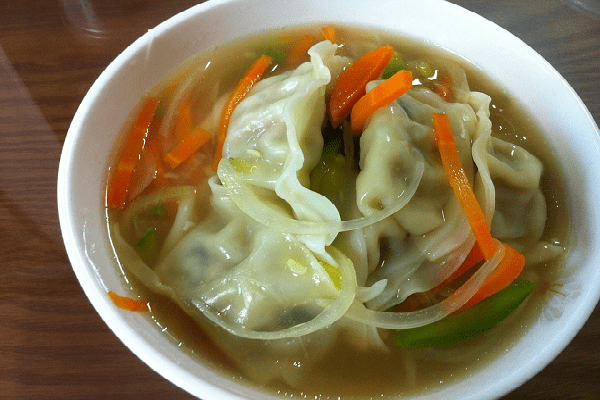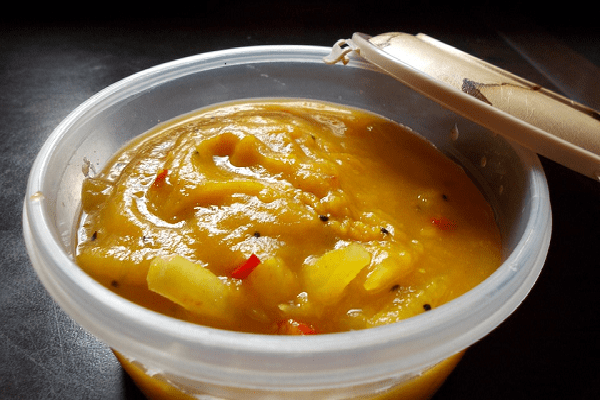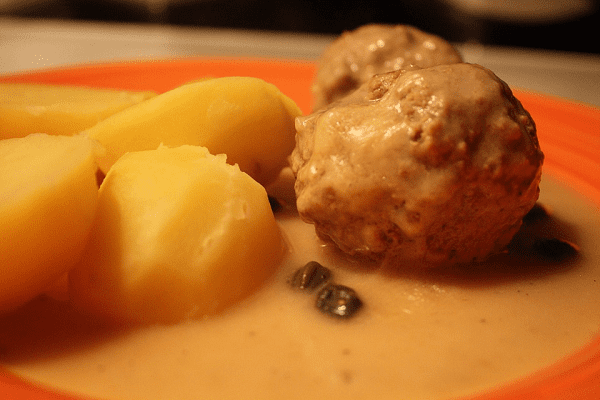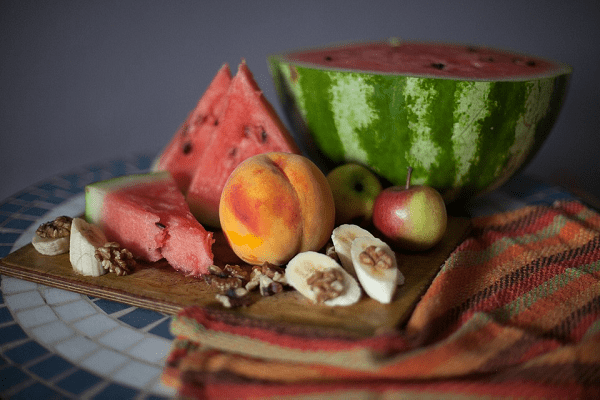Healing diets >>>> Diet food for kidney disease and kidney failure
Diet food for kidney disease and kidney failure.

The function of the kidneys in the body cannot be underestimated. They are entrusted with a very important water-salt metabolism, in which there is a reabsorption of fluid from all anatomical structures of the body (reabsorption of fluid distributed through the tissues of the body into the renal structures). And along with the withdrawn liquid, mineral substances are excreted, including potassium and sodium salts. This process regulates the acidity of fluids in the body, allows you to remove excess salts outside the body.
In addition, the kidneys:
- are responsible for the production of proteins that transport sodium and potassium ions to and from the cells of the body;
- participate in the intermediate processes of metabolic degradation of protein structures and amino acids;
- filter the blood, removing excess and waste substances from the body;
- produce the enzyme renin, which, along with other substances, regulates the flow and circulation of water in the body, it is the kidneys that control thirst (the desire to drink water).
The excretion of fluid is impaired, and edema develops in the tissues, blood pressure rises, and processes of deposition of excess substances in the tissues occur.
With various violations of the functions of the kidneys (including inflammation of the kidney parenchyma, renal failure and in the absence of the kidneys or the organ itself), certain nutritional rules should be observed, that is, to dose those substances that the kidneys are unable or will not fully excrete from the body.

In order not to overload the kidneys, a large amount of mineral salts, protein and fluid are reduced in the diet. In addition to low-protein nutrition, it is important to take into account that the renal parenchyma does not like the irritating effect that substances that make up the volatile compounds of essential oils (garlic, basil, sage, citrus and other aromatic plants), bitterness (hot pepper, mustard, radish, horseradish , watercress, daikon, radish, rucola, cilantro), as well as organic acids: oxalic (sorrel, spinach, rhubarb, purslane), ascorbic (sour vegetables and fruits).
Diet food for kidney disease and kidney failure is based on reducing the intake of protein foods (especially of animal origin). This means that the proportion of protein products in the diet (meat, egg white, fatty fish) should be reduced. It is not possible to completely exclude the use of protein foods, therefore, most of the diet falls on protein foods of plant origin (with the exception of mushrooms). Due to the high protein content, meat broths are excluded from the diet. Borscht and soups are cooked in vegetable broths. Of the proteinaceous plant foods, legumes (peas, beans, soybeans, lentils) are considered acceptable in the diet.
Do not forget about products that contain large quantities of egg whites: meringue, meringue, biscuit, eggnog, protein creams. These dishes are also excluded from the diet.
ried and smoked dishes are replaced with boiled, baked and sautéed foods.
Porridge, pasta, potatoes, legumes are cooked with minimal salt or no salt.

Of meat dishes, it is permissible to eat a cutlet, meatball, stuffed peppers, cabbage rolls, dumplings or meatballs from boiled poultry once a day. In cases of acute renal failure, meat is excluded and switched to vegetable cutlets (potato, carrot, beetroot, pumpkin, squash) with the addition of rice or oatmeal.
Dairy products exclude dairy soups, milk, ice cream, cream and fatty sour cream, smoked and flavored cheeses, processed cheeses, sausage cheese, and feta cheese. It is allowed to use low-fat cottage cheese or cheese made yourself from low-fat cottage cheese.
Animal fats and refractory oils are excluded from fats and oils. Products containing fats are excluded from the diet: chocolate and chocolates, cakes, creams, pates, pastries (puff, yeast, shortcrust pastry).
Bread and pastries are allowed in the diet for kidney disease or kidney failure, but take into account the degree of salinity (use or bake salt-free bread themselves).
In the diet, the use of foods high in potassium is limited: dried fruits (dried apricots, figs, prunes, raisins), fish, green vegetables (cauliflower, broccoli, Brussels sprouts), white beans. It is impossible to completely abandon the use of potassium-containing products, since potassium plays a life-supporting function in the work of muscle tissue, including the heart muscle - the myocardium.

Drinks are dosed during the day, not exceeding the rate of consumption of the total daily volume of fluid. Do not drink coffee, teas with aromatic additives, flower teas, mineral water or artificially enriched with salts. Fruit drinks (diuretics, for example, cranberry), fruit jelly, fruit and berry compotes (from fresh fruits and berries) and rosehip decoctions are useful.
What can you eat for kidney disease or kidney failure:
- Vegetable soups: puree soup, borscht, cabbage soup, vegetable broth;
- Porridge: rice, oatmeal, buckwheat, pearl barley, millet, corn;
- Pasta: hard varieties;
- Meat dishes (once a day): baked, steam, boiled without salt (from poultry, rabbit meat);
- Eggs: egg yolk, yolk omelet in milk or kefir;
- Greens: lettuce leaves, seaweed;
- Boiled, steamed and sautéed vegetables: beets, carrots, chicory (witluf), eggplants, zucchini, kohlrabi cabbage, white cabbage, potatoes, sweet potatoes;
- Fruits: watermelons, melons, apples, pears, plums, peaches, apricots, strawberries, raspberries, cherries (sour fruits are baked or cooked).
Foods that are categorically excluded from the diet for kidney diseases or kidney failure: hot sauces, spices, pickles, preservatives, food colors, synthetic flavors, alcohol-containing foods and drinks, fermentation products (kvass, tea mushroom drink, pickled vegetables and fruits).

Read

Read



























